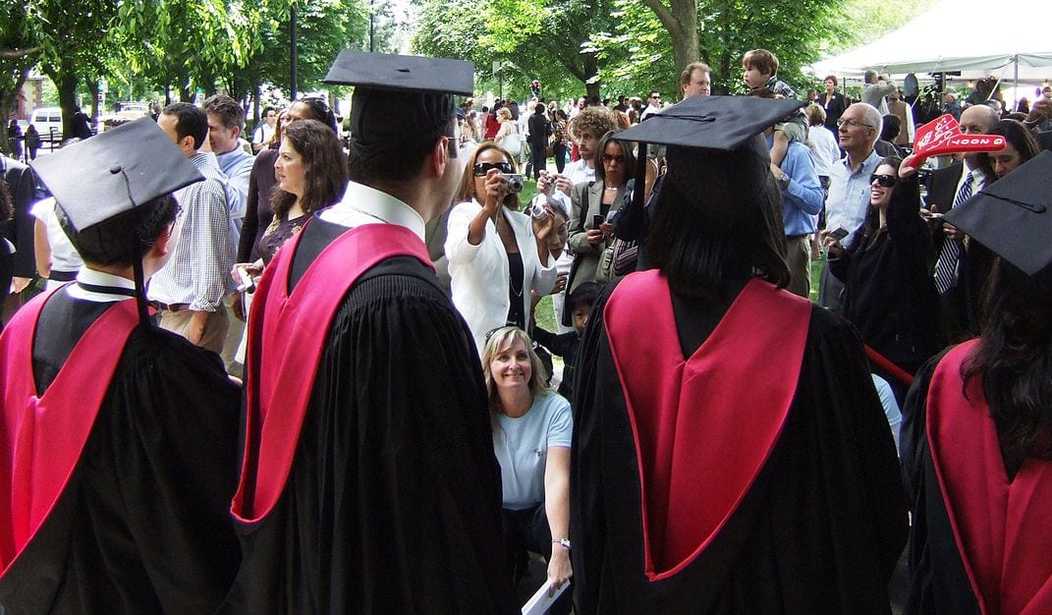Everyone is graduating now and if you look around, you see the happy faces of graduates everywhere. Is the happiness a feeling of accomplishment or relief that they are out from under the thumb of the university that has been the bane of their existence for the past two to six or more years (depending on the degree)?
In New York, the Ivy League schools seem to be spitting people out at a fast clip — but what about the ones who fell to the wayside along the way, or worse, ended their life due to the stress of the school? This is nothing new of course; there have been articles about the high suicide rates at the Ivy League schools for years, such as this one from a 2010 article at Inside Higher Ed:
Of all the things Cornell University wants to be known for, suicide isn’t among them. And yet, after years of trying to shake the image that it’s a “suicide school,” as one official called it Monday, recent deaths have made it difficult not to associate the upstate New York institution with an above-average suicide rate.
And one Yale professor even warned parents not to send their kid to the Ivy League (article from The New American) :
William Deresiewicz, who spent 10 years on the faculty of Yale University, including a day on the Yale admissions committee, has become disillusioned and somewhat cynical about the whole process smart kids must go through to get into one of the prestigious institutions, such as Harvard, Stanford, or Williams. He also includes in the process the elite high schools, private tutors, and test prep courses that upper middle-class parents force their bright kids to go through to get to the top.
The professor writes in the New Republic of 8/4/14:
These enviable youngsters appear to be the winners in the race we have made of childhood. But the reality is very different…. Our system of elite education manufactures young people who are smart and talented and driven, yes, but also anxious, timid, and lost, with little intellectual curiosity and a stunted sense of purpose: trapped in a bubble of prestige, heading meekly in the same direction, great at what they are doing but with no idea why they’re doing it.
That’s quite an indictment of a system we are all supposed to envy. But apparently there is less to envy than we’ve been conditioned to believe. The well-endowed top universities, with their celebrity professors who spend more time writing books than teaching, have come to represent the essence of success for the middle-class social climber who dares not fail in anything academic. The admission standards have become so onerous that getting into one of these schools is like winning the lottery. Yet, the professor writes:
Look beneath the façade of seamless well-adjustment, and what you often find are toxic levels of fear, anxiety, and depression, of emptiness and aimlessness and isolation…. One student told me that a friend of hers had left Yale because she found the school “stifling to the parts of yourself that you’d call a soul.”
Of course, not all students have problems like this, some just feel irritated and move on. However, those students who already have mental health issues or who handle stress poorly may find the environment toxic to their well-being and become sick more often or have more emotional issues at school.
If your child is one of these more sensitive souls who handles stress poorly, the Ivy League may be a mistake. There are plenty of good schools in this country that have more interest in student well-being that might be a better fit for your child. Or your child may need more assistance and emotional help during his or her time at the Ivy League if they choose to go.
Whatever path your child decides on, make sure he or she knows that the pursuit of happiness does not always mean an Ivy League education or even a college education at all. Give them books like Colleges That Change Lives: 40 Schools That Will Change the Way You Think About Colleges. And help make sure their decisions are the right fit for them, not the society at large.









Join the conversation as a VIP Member